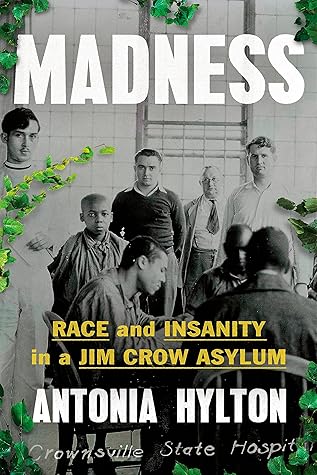Historians of slavery and prisons have long argued that the commercial value of enslaved Black people in the American South was inextricably bound to their health status and their capacity to labor in the agricultural or domestic settings that had defined the Southern economy.
Welcome back. Just a moment while we sign you in to your Goodreads account.


